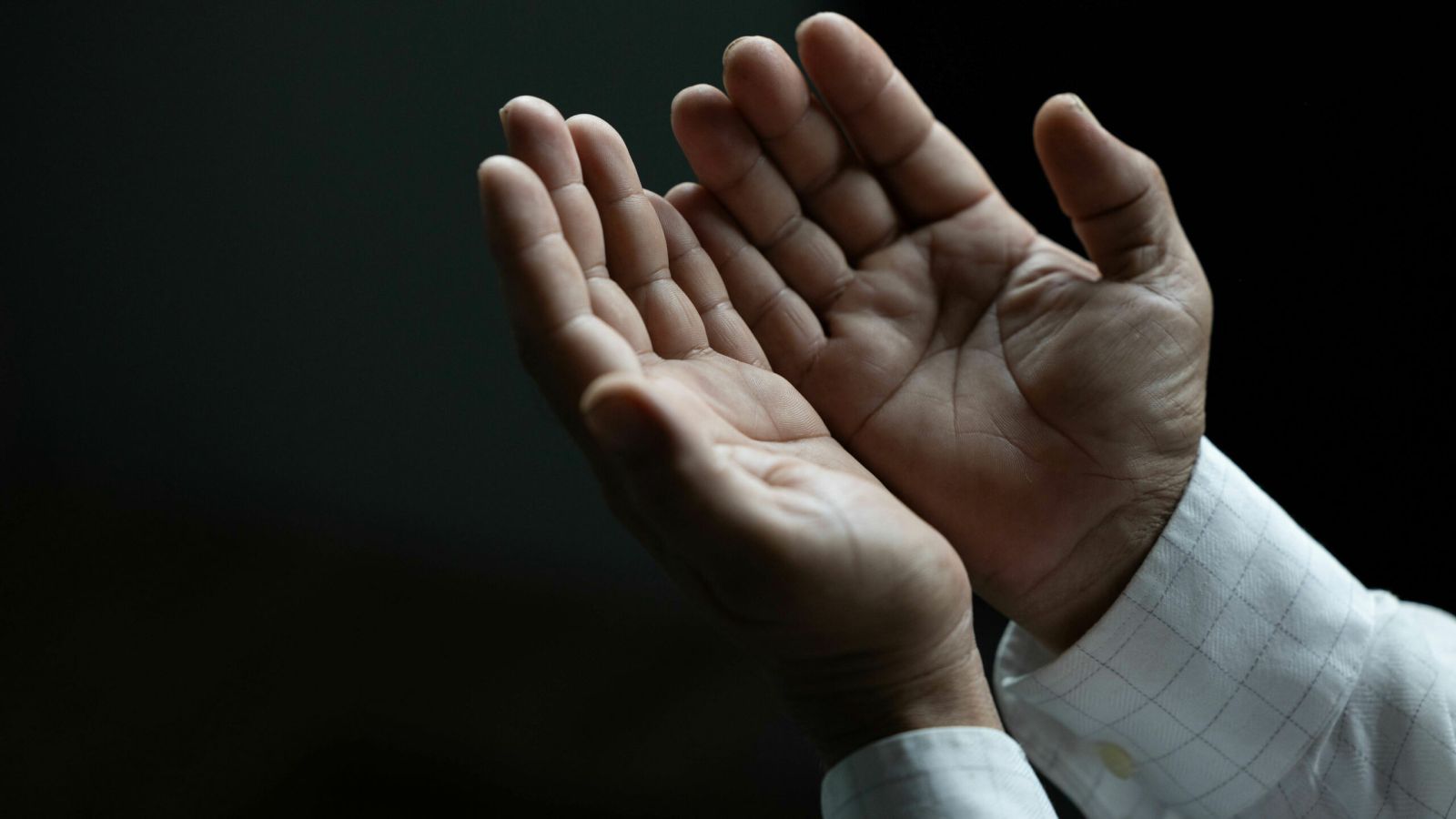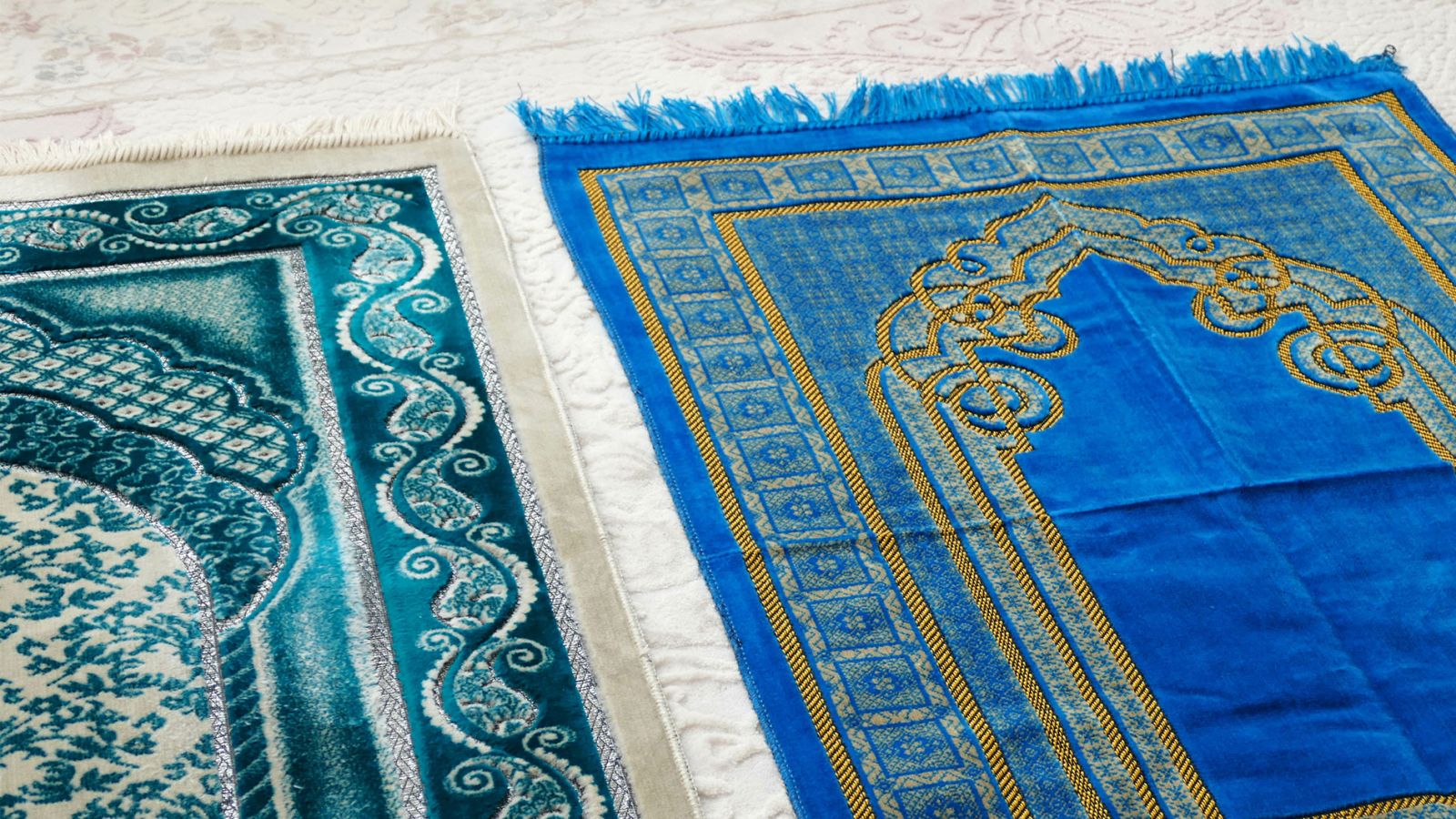What is the Ruling on Tawaṣṣul (Seeking Means) through the Leader of the Prophets:
Al-ʿAllāmah ʿAbd al-ʿAzīz ibn ʿAbdullāh ibn Bāz


Tawassul through the Prophet (ṣallallāhu ʿalayhi wa-sallam) has a detailed explanation; if the (tawassul) is by means of following him, loving him, obeying his orders, abandoning his prohibitions, and having (utter) sincerity for Allāh in acts of worship, then this is Islām, and it is the religion of Allāh, that which He sent with His prophets, and (in fact) it is an obligation upon every sane being (of age).
[Q]: What is the ruling on Tawassul (seeking means) through the leader of the Prophets, and is there any proof for its prohibition?
[A]: Tawassul through the Prophet (ṣallallāhu ʿalayhi wa-sallam) has a detailed explanation; if the (tawassul) is by means of following him, loving him, obeying his orders, abandoning his prohibitions, and having (utter) sincerity for Allāh in acts of worship, then this is Islām, and it is the religion of Allāh, that which He sent with His prophets, and (in fact) it is an obligation upon every sane being (of age). It is the Waseelah (nearness and a means) to happiness in the worldly life and the hereafter. As for tawassul by means of invoking him (directly), asking for his help, and requesting him to grant victory over enemies, and healing the ill – then this is major shirk, and it is the religion of Abū Jahl and his likes from the idol worshipers. And similarly, doing that with other than the Prophet, ṣallallāhu ʿalayhi wa-sallam, from the anbiyaa’ (prophets) and awliyaa, or jinn, angels, trees, stones or idols (is considered major shirk as well).
There is also a third kind that is identified as tawassul, and it is the tawassul by means of his rank, his right, or his actual self, for example, a person says: “O Allāh! I Ask You by means of Your Prophet, or by the means of Your Prophet’s rank, or by the means of Your Prophet’s right, or by the means of Your Prophets ranks.” Implementing this isn’t permissible through the Prophet or other than him. This is because Allāh (subḥānahu wa Taʿālá) did not legislate this, and (all) acts of worship are tawqeefiyyah – these acts of worship are not allowed except that which the purified Islamic legislation indicates (as being allowed).
As for the tawassul of the blind man through the Prophet, ṣallallāhu ʿalayhi wa-sallam, during his lifetime, (then it is tawassul through him) so that he (ʿalayhis-salām) may supplicate for him [on behalf of the blind man] and intercede for him with Allāh, so his sight is restored to him. It is not tawassul through the Prophet’s actual self, his status or his right as (this is) known from the context of the ḥadīth1 and as the scholars of the Sunnah have clarified in the explanation of the ḥadīth.
The discussion concerning tawassul has been expounded on by Shaykh al-Islām ‘Abū al-ʿAbbās Ibn Taymīyyah, raḥimahullāh, in many of his beneficial books. From (those books), is a book named: Al-Qaa’idaatull-Jaaleeyah fi Tawassul wal-Wasseelah. It is a beneficial book, deserving to be looked at and benefited from.
This (aforementioned) ruling is also permitted with other than him (ṣallallāhu ʿalayhi wa-sallam) from the living – as when you say to your brother, or whomever you deem has khayr (good): “Invoke Allāh for me, that He may cure me from my illness, restore my sight, or grant me righteous children, etc” – with the consensus of the people of knowledge. And it is Allāh who bestows success.
(1) That which is intended is the ḥadīth of ‘Uthmān ibn Hunayf: “A blind man came to the Prophet (ṣallallāhu ʿalayhi wa-sallam) and said: “Invoke Allāh that He should cure me. He said: “If you wish I will invoke for you, and if you wish I will delay that for that which is better.” So he said: “Supplicate to Him.” So he (ṣallallāhu ʿalayhi wa-sallam) ordered him (the blind man) to make wuḍūʿ well, and to pray two Raka’aat and to supplicate with this duʿāʾ: “O Allāh! I ask You and turn to You by means of Your Prophet Muḥammad (ṣallallāhu ʿalayhi wa-sallam), the Prophet of Mercy, ‘O Prophet Muḥammad (ṣallallāhu ʿalayhi wa-sallam), I have turned by means of you (i.e. your duʿāʾ) to my Lord in this need of mine, so that it may be fulfilled for me, ‘O Allāh accept his Shafaah on my behalf, and accept my Shafaah for him (to be accepted for me).” It has been related by Aḥmad (8/138) and by al-Tirmidhī in “Supplications” (3578), and by An-Nasaa’i in “’Amaal al-Yawm wal-Layla” page 204, and Ibn Mājah in iqāmah al-al-Ṣalāh (1385).
[Majmūʿ Fatāwá wa Maqālāt Mutanawee’aa 5/322-323, Shaykh Ibn Bāz, raḥimahullāh]
Translated by Umm Sufyān Fāṭimah
السؤال: ما حكم التوسل بسيد الأنبياء وهل هناك أدلة على تحريمه؟
الجواب: التوسل بالنبي صلى الله عليه وسلم فيه تفصيل، فإن كان باتباعه ومحبته وطاعة أوامره وترك نواهة وخلاص والإجلاص لله في العبادة، فهدا هو الاسلام، وهو دين الله الذي بعث به أنبياءه، وهو الواجب على كل مكلف…وهو الوسلة للسعادة في الدنيا ولآخرة، أما التوسل بدعااه والاستغاثة به وطلبه النصر على الأعداء والشفاء للمرضى – فهذا هو الشرك الأكبر، وهو دين أبي جهل وأشباهه من عبدة الأوثان، وهكذا فعل ذلك مع غيره من الأنبياء والأولياء أو الجن أو الملائكة أو الأشجار أو الأصنام.
وهناك نوع ثالث يسمى التوسل وهو التوسل بجاهه أو بحقه أو بذاته مثل أن يقول الإنسان: “أسألك يا الله بنبيك، أو جاه نبيك، أو حق نبيك، أو جاه الأنبياء” ولا يجوز فعله معه ولا مع غيره، لأن الله سبحانه وتعالى لم يشرع ذلك، والعبادات تو قيفيقة لا يجوز منها إلا ما دل عليه الشرع المطهر.
وأما توسل الأعمى به في حياته (فهو توسل به) ليدعو له ويشفع له إلى الله في اعادة بصره إليه، وليس توسلاً بالذات أو الجاه أو الحق كما يعلم ذلك من سياق الحديث(1) وكما أوضح ذلك علماء السنة في شرح الحديث.
وقد بسط الكلام في ذلك شيخ الاسلام أبو العباس ابن تيمية رحمه الله في كتبه الكثيرة المفيدة، ومنها كتابه المسمى: “القاعدة الجليلة في التوسل وللوسلية”، وهو كتاب مفيد جدير بالاطلاع عليه والاستفادة منه.
وهذا الحكم جائز مع غيره صلى الله عليه وسلم من الأحياء، كأن تقول لأخيك أو أبيك أو من تظن فيه الخير: ادع الله لي أن يشفيني من مرضي أو يرد على بصري أو يرزقني الذرية الصالحة أو نحو ذلك بإجماع العلم. والله ولي التوفيق
Most Popular: Last 30 Days















